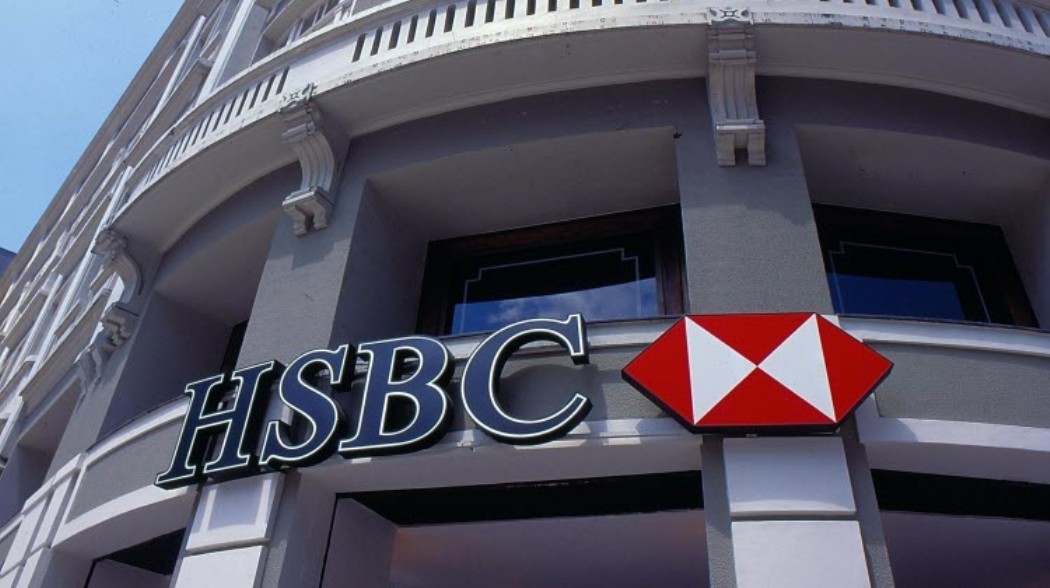Further Eurozone substantial debt relief is all the more important in order to ensure that Greece can get out of rescue plans once and for all, regaining market access in a sustainable way.
The above is included in an HSBC report for Greece, where it notes that this would also facilitate the country’s access to the ECB’s quantitative easing programme, triggering a positive cycle of lower interest rates and improved debt sustainability.
According to the house’s report, it is also crucial that any debt relief be granted in a definitive and automatic way, or at least under certain conditions, will depend only on financial results rather than on policy measures. Otherwise, there will still be considerable uncertainty, especially in view of the upcoming elections.
HSBC recalls that the Eurogroup on December 4 recognized that the “hard work” done by the technocrats of the institutions and by the government led to an agreement at a technical level.
As HSBC puts it, the closing of the assessment on January 22 will result in an additional €5.5bn being disbursed for Greece, bringing total disbursements under the third rescue plan (excluding support to banks) to around €41bn. At this stage, this is about €14 billion less than originally planned.
Faster pace recovery
At the same time, Greece’s recovery continues to “speed up”. With GDP growing at a quarter-on-quarter rate of 0.3% in the third quarter of 2017, the country, for the first time since 2006, “saw” three consecutive growth quarters and seems to be on track to achieve the best annual performance since 2007.
The good third quarter, coupled with the upward revision for the first and second quarters, led HSBC to upgrade its growth forecast for the full 2017 to 1.4% from 0.9% previously.
Source: Giannis Agouridis/balkaneu.com
Ask me anything
Explore related questions





